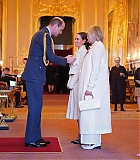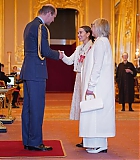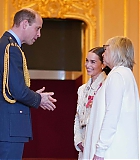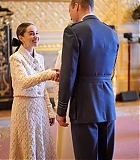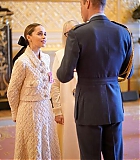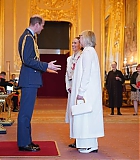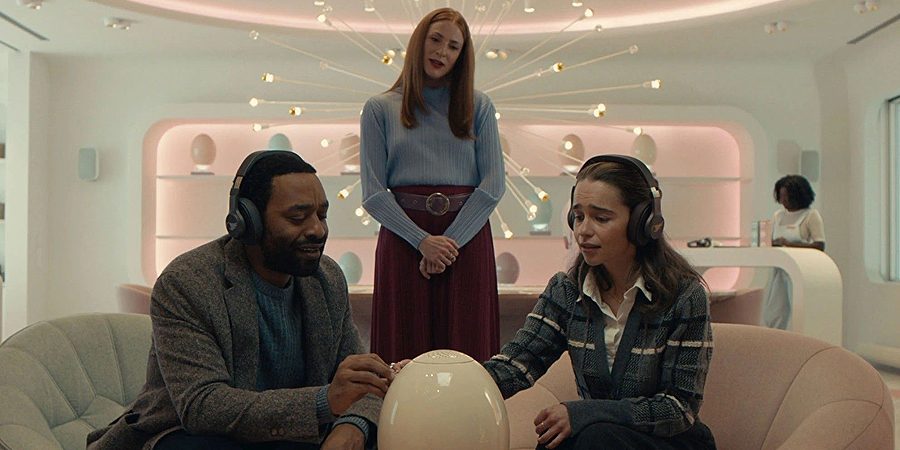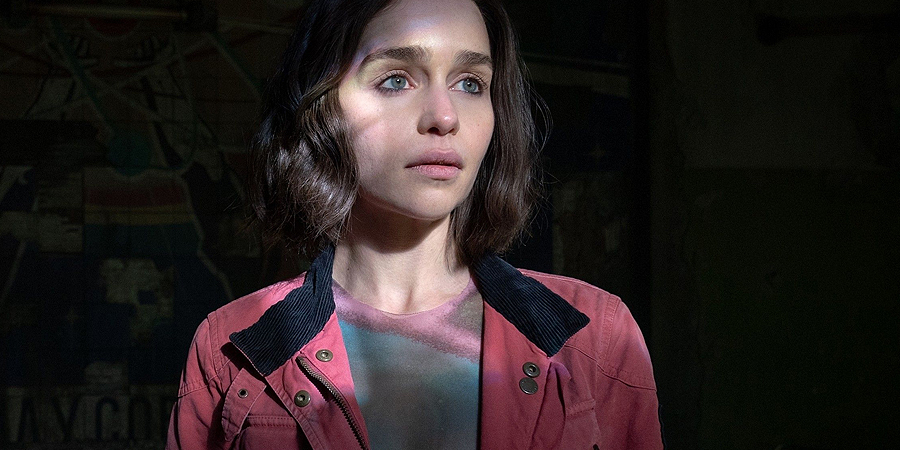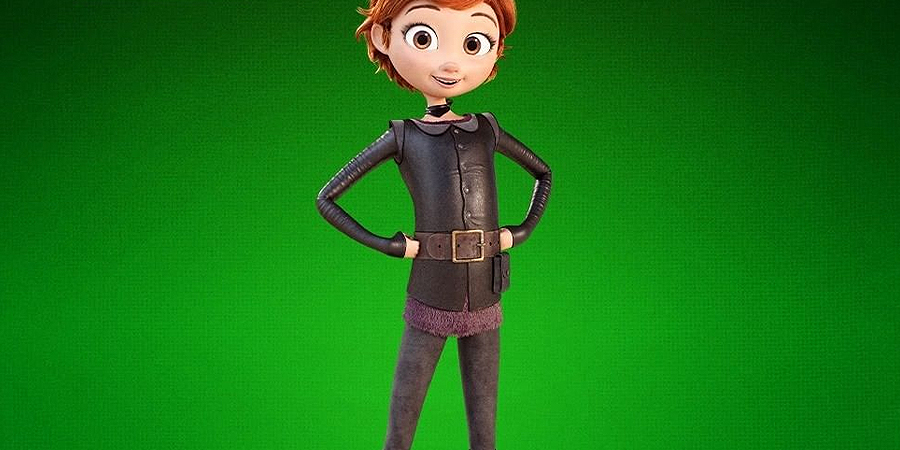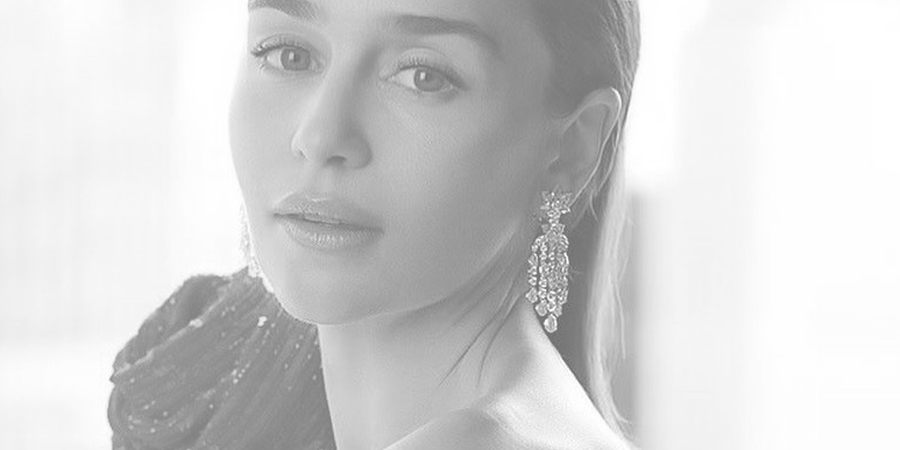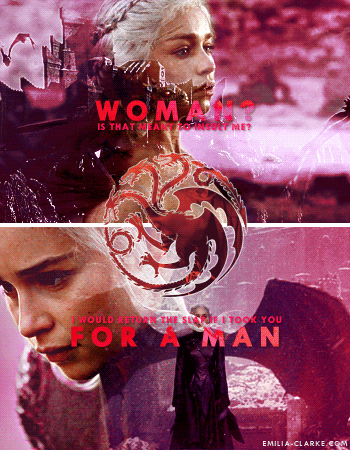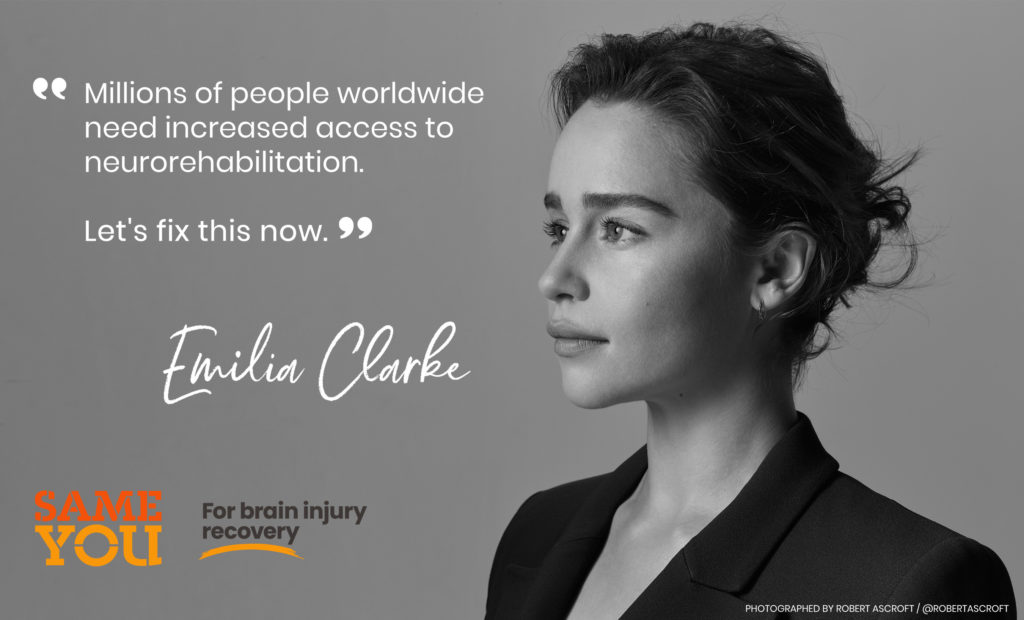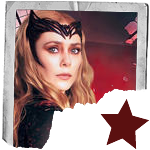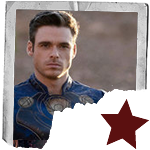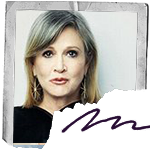

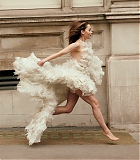


Harper’s Bazaar Emilia Clarke is barefoot, running down a back street alongside London’s Savoy Hotel. Hitching her feathered Valentino dress up above her knees for extra speed, she flashes past, her hair flowing behind her. The photographer Betina du Toit snaps quickly, before they both retreat into the building, relieved not to have been caught by any security guards. “For the sake of fashion…!” Clarke exclaims.
The actress is clearly up for a challenge. And, over the past 12 years, there have been plenty of challenges, starting with growing up professionally on Game of Thrones, a series that was attracting an average of 44 million viewers when it concluded in 2019. The audience became so emotionally involved in her character Daenerys Targaryen’s trajectory from mild-mannered princess to the Mother of Dragons that, even now, some find it difficult to associate Clarke with anything else. Yet she has since taken on a variety of roles, including action heroines (she played Sarah Connor in Terminator Genisys, opposite Arnold Schwarzenegger, and the resistance fighter G’iah in the latest Marvel spin-off series, The Secret Invasion) alongside leading parts, notably in
Emma Thompson’s Last Christmas and the adaptation of Jojo Moyes’ novel Me Before You.
Clarke is unable to talk about any of these past projects, due to her support for the SAG-AFTRA strikes, and is thrilled that she’s forbidden from revisiting old Thrones ground (“because I have literally nothing new to say!”), as it frees her to discuss her forthcoming independent films and enterprises, as well as her side hustle creating comics. In 2020, she conceived and co-wrote, with the artist Leila Leiz, a satirical comic book titled MOM: Mother of Madness (which she characterises as “Deadpool meets Fleabag”) whose heroine is Maya, a single mother of an autistic son, who has special powers she can access when she has a period. “I wanted to use the menstrual cycle as an allegory for everything we don’t like about ourselves,” she says. “Periods make us feel insecure – I can still get embarrassed buying tampons in Sainsbury’s. I thought it was an interesting spin – that the thing we don’t like is actually what gives us our power.”
We meet again after the shoot on a quiet Friday afternoon in the top-floor Soho office of Clarke’s production company Magical Thinking Pictures, which she set up in 2016 in order to be able to green-light her own passion projects. It is a cosy, intimate space, scented with candles and fresh flowers, lined with books and adorned with framed posters of Maya. Comfortable in a navy cardigan and cream-coloured jeans, Clarke curls up on a sofa, inviting me to sit beside her. Physically tiny, about 5”1, she has an outsize presence. She gesticulates widely as she talks, her strong eyebrows in constant motion; at points in the conversation she breaks into different voices and occasionally argues with herself, her sentences running into each other as if she can’t keep her fizzing ideas contained within.
She positively brims with excitement as she tells me about her newest venture, an independent film called The Pod Generation. Both written and directed by the French-American auteur Sophie Barthes, it is set in an alternate reality in which society has allowed artificial intelligence to run our lives. Clarke plays Rachel, an employee in a tech company who decides to have a baby, carried in a detachable pod so she doesn’t have to be pregnant. At first, it seems like the dream scenario – her husband Alvy (Chiwetel Ejiofor) can also carry the pod –but Rachel finds she is still judged and penalised both for having a child and for not being naturally pregnant. “The most radical feminist thought in this film is that women have the power to be ambivalent. We have the power to say, ‘I don’t know. I don’t know if I want to be a mum. I don’t know if I want to work,'” says Clarke. “Do I want to have it all? What does it mean to ‘have it all’? Can I distil my female experience down to work and motherhood? Is it just those two things? Or is there something in the middle? If so, what is that? I’m not answering these questions as me, Emilia, because I don’t fucking know myself!”
The narrative also explores the perils of our over-reliance on artificial intelligence. “Everything comes back to ease. The ease of living, the ease of how to make yourself look younger, feel better, live longer, walk less. Have all inconvenience removed. All you are left with is a sterile existence,” continues Clarke, warming to her theme. “The problem is not with technology itself. It’s our relationship with technology that we need to regulate. That’s what we need a cognisant understanding of, because everything in our capitalist, consumer-led society is set up for ease. Why wouldn’t I just click to Apple Pay? Why wouldn’t I order everything online? Why wouldn’t I make my life as easy as possible just using this one tiny device that is in the back of my pocket at all times? Suffering is so integral to human existence. It’s so vital, it’s so important.”
She found the experience of making the movie revelatory for several reasons. “If you are a female lead in a film – and I’m trying not to take it personally – it is nearly impossible to find a guy to act opposite you. Men don’t want to do it. I’m just calling this shit out,” she says. But alighting on the Oscar-nominated Ejiofor as a co-star for the film was serendipitous, giving her a confidence she previously lacked. “I take responsibility for it myself. I’m a big girl. But I don’t need to be your buddy. I don’t need your number. We don’t need to like each other on Instagram. We just need to turn up at work and be what we need to be to make each other better. Chiwetel did and was just an absolute joy. That’s rare.” The relationship was ‘easy’, and there was mutual trust, which meant that, when they had creative differences, she felt comfortable addressing them with him. This has not always been the case. “I’m such a people-pleaser. It’s infuriating. Every actor wants everyone else to like us. We hate ourselves,” she deadpans.
She serves as an executive producer on The Pod Generation, too, and admits that financing this project was one of the hardest things she has ever had to do. “People are scared. Streamers are scared. America is scared.” She frowns. “There, I’ve said it. I just can’t get my head around why whether or not you choose to have a child is of major political importance.”
Clarke was born in London and grew up in Oxfordshire, the daughter of Jennifer, a high-flying executive at a management consultancy. “That’s what I saw every single day: my mum working 16 hours a day, travelling around the world.” Clarke would listen in on her mother’s conference calls and give her advice. “It felt aspirational; it felt empowered. I call her ‘Big Boss Mum’ – she is badass. Now, more than anything, I love meeting high-powered women, and want to know how they got there, and what they’re up against.”
Her father Peter, on the other hand, was the “chill, hippy, happy dad”, a sound designer who worked on productions such as Chicago and was “an incredibly sensitive artist in his own right”. Clarke credits him with her love of theatre. He would take her to the West End and she went on to join the National Youth Theatre. After school, she was accepted into Drama Centre London, the alma mater of Helen McCrory, Tom Hardy and Colin Firth; shortly after she graduated, in 2010, she auditioned for an unknown fantasy show and was catapulted to global fame.
If this sounds like a dream come true for any aspiring actress, the reality was far from the case. Clarke had just finished filming the first series of Game of Thrones when she suddenly collapsed during a workout. She was rushed to hospital where she was diagnosed with a subarachnoid haemorrhage (SAH) –bleeding around the brain, which she learnt causes immediate death for a third of all patients. “I wasn’t afraid of dying,” she tells me, frankly. “I was afraid of being fired! I decided: ‘This is not something that’s going to define me’. I never gave into any feeling of ‘Why me? This sucks’. I was just like – gotta get back on it.”
Two years later, while making her Broadway debut as Holly Golightly in Breakfast at Tiffany’s, another haemorrhage struck. A routine operation to address the bleed went wrong. Clarke was not only in unbearable pain but also experienced aphasia; she was unable to form lucid sentences and nonsense phrases tumbled from her mouth. “In my worst moments, I wanted to pull the plug,” she later wrote in an article. “I asked the medical staff to let me die. My job – my entire dream of what life would be – centred on language, on communication. Without it, I was lost.”
The second haemorrhage and subsequent surgery was significantly more traumatic than the first, and rehabilitation was harder. “If I’m being brutally honest, the whole thing made me feel very ashamed,” she says, “like I was broken. As though the producers must think I’m an unreliable person that they’ve hired.
“I physically don’t have a lot of my brain,” she continues. “If you look at my brain scans, there are a lot of black parts, and that is where it’s dead. I think what’s left has been forced to be intensified. What’s there has to work so much harder. What is the thing that makes you more than just a body? Your spirit, your soul, your personality? It’s in here,” she says, pointing to her forehead. “And if that fails, you lose trust in yourself. How could I trust my experience? How could I trust that what was happening to me was real? Half my brain is gone. So what is gone with it? I was obsessed with the idea that it was my ability to act. Some might argue that that was correct,” she jokes. “But I don’t know what’s gone. And that plagued me for a really long time. It’s taken me a decade to understand that where I am now, and my identity, is a result of my experiences.”
Despite these events, Clarke insists that the most dramatic change in her life came three years later in 2016, when she lost her father to cancer. “Everything I thought I knew shattered. I’d lived my whole life thinking I had a safety net. As soon as my dad died, that safety net went. People say: ‘Oh, you’re so brave. You’re such a survivor.’ But I just kept living. That’s not hard. That’s instinctual. He’s become the talisman in my pocket I carry around everywhere with me.”
That theatrical passion he instilled is deep within her. Last year, Clarke took on the role of Nina in Jamie Lloyd’s National Theatre production of The Seagull, in which every member of the cast was on stage for the entirety of the play. Clarke had previously said she was drawn to Nina because it was one of the characters Chekhov created who is as hopeful at the beginning as at the end, despite the brutal experiences she lives through. You can understand why this resonates with her. “When you see someone who has been traumatised in some way, and they truly accept it, absorb it and are at peace with it… it’s both the most extraordinary and heartbreaking thing,” she says. “It’s going back to my life philosophy that suffering is how you get the answer. Suffering is how you figure stuff out, what shapes you as a human being and gives you compassion for other people, which is vital to the health of human existence.”
Clarke channels her compassion not just into her acting but also into various medical charities: she founded SameYou, which focuses on rehabilitation for survivors of stroke and brain injury, and is an ambassador for the Royal College of Nursing. “If I hadn’t had a brain haemorrhage, I might have turned into a right old dickhead, thinking I was the bee’s knees, living in Hollywood,” she says with her customary bathos. “I’m so much more aware of what’s happening, in the moment that it’s happening. I don’t worry about failure – I thrive on failure! If something goes wrong, I always think you can fix it. It hurts, it’s scary, but then you can do anything.”
